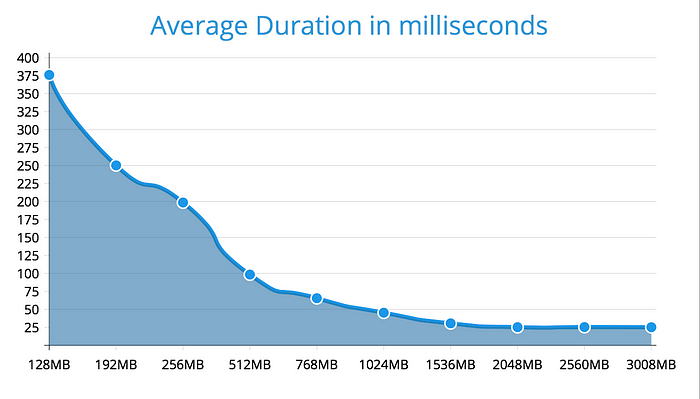We can definitely observe that (memory) size matters! More memory dramatically reduces duration.
768-1024MB is optimal, and has diminishing returns

We can definitely observe that (memory) size matters! More memory dramatically reduces duration.
768-1024MB is optimal, and has diminishing returns

acf(as.vector(diff(diff(co2),lag=12))
etete_{t} is independent of Yt−1,Yt−2,…Yt−1,Yt−2,…Y_{t-1},Y_{t-2},\dots. For this model, ρk=0ρk=0\rho_{k}=0 and ρk=Φρk−12ρk=Φρk−12\rho_{k}=\Phi\rho_{k-12} for k≥1
ρk = autocorrelation of series at lag k
|ϕ|<1|ϕ|<1|\phi|<1, which ensures stationarity
|ϕ|<1 seasonal autoregressive parameter
Module 1 - Basic Plots, Examples, and Fundamental Concepts
Testing with firefox bookmarklet
Skillsets Broadly speaking, there are three distinct skillsets that must be reconciled in data science. Algorithms: You understand the theory of data science, the statistics, modelling rules and mathematics that are at the heart of any data problem. You understand how experiments are designed and measured. You understand the algorithms and theory behind data science. Engineering: You understand the engineering required to source, process and store data. You should be aware of programming languages and distributed computing schemes that will help you deal with massive amounts of data at scale. You should understand the programming that applies your theories to massive datasets. (Engineering) Communication: You understand how to communicate your solutions, and how to relate those solutions to business problems.
Algorithms Engineering Communication
tl;dr: data engineer = software, coding, cleaning data sets data architects = structure the technology to manage data models and database admin data scientist = stats + math models business analysts = communication and domain expertise